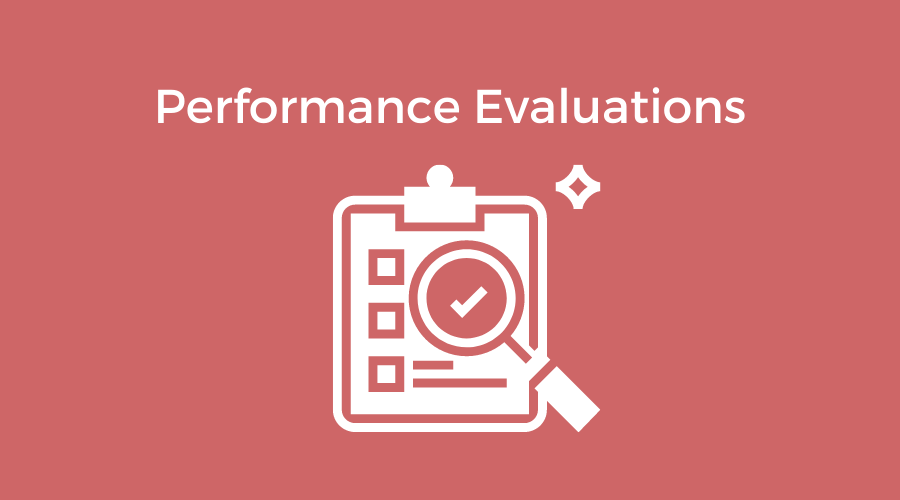
Remote Work is Changing Performance Evaluations
Performance reviews are no one’s idea of fun, as useful and valuable they may be when done well. But since the Covid pandemic they’ve become a critical tool and a difficult challenge as entire teams are now working entirely remotely.
The continuing pandemic has forced companies to adopt new ways of managing workers and maintaining some semblance of corporate culture. Techniques like the famed “management by walking around,” in-person check-ins, stand-ups and informal team lunches and meetings have been radically adjusted if not abandoned in the face of a dispersed workforce connected only by technology.
In this new world of work, performance evaluations of remote workers require a different, more consistent, and more frequent approach. Instead of an annual or quarterly review, “Systematic, frequent, and brief reviews focused on task performance, effective feedback and coaching, and guidance in wise decision-making will replace it in organizations that want to survive and thrive in the post-COVID world,” writes behavioral economist and author Dr. Gleb Tsipursky.
His advice and that of writers at Fobes, the Harvard Business Review, Reworked and elsewhere echoes what companies have been hearing for years: Performance reviews should be frequent and focused on coaching and goals, and less on critiquing. Remote work has made this more essential and put far greater emphasis on communication and cultural reinforcement.
Remote Work Is Killing Old School Reviews
“Performance evaluations are one of the strongest anchors and artifacts of your corporate culture,” says Mark Mortensen, associate professor of organizational behavior at INSEAD. His point is that managers need to communicate the company’s long and short-term goals as part of the evaluation process. “What leaders do and say now in these times is going to be remembered,” he insists.
Communication, frequent and both formal and informal is how to hold together a team. Regular communication with every employee was always important. But without those impromptu “water-cooler” conversations, managers must make an intentional and deliberate effort to speak regularly with each of their reports.
“Don’t allow remote workers to operate within an information vacuum — you might need to communicate (or even over-communicate) far more than you did previously. Remember, the goal of a performance review is to improve performance by influencing behavior,” says Paycor’s Guide to Conducting Remote Performance Reviews.
The tendency is to still think of a performance review as a formal, once a year structured event documenting (almost always imperfectly) a worker’s performance, often by assigning numeric scores.
That old school approach didn’t work so well when workers were mostly all in one place. Gallup made that clear reporting, “Traditional performance reviews and approaches to feedback are often so bad that they actually make performance worse about one-third of the time.”
Remote Work Check-ins
With a distributed workforce toiling off site, the traditional approach is replaced with short, frequent conversations as brief as a 15-minute weekly check-in. That shouldn’t be the only conversation of the week, but it should be the one not sacrificed for convenience.
“Schedule uninterrupted time without distractions to ensure the employee knows he/she is the priority during that window of time,” says Jennifer Preston, HR consultant at FlexHR.
If this advice about performance evaluations for remote workers sounds so much like basic good management, it is. It’s effective even for organization that still cling to the practice of annual reviews. Managers who regularly communicate with their team members, check in with them formally, and note their achievements and accomplishment will have a strong record to rely on when the yearly evaluations are due.
But even better, they’ll also have a successful team of remote workers.
Contribution by John Zappe


